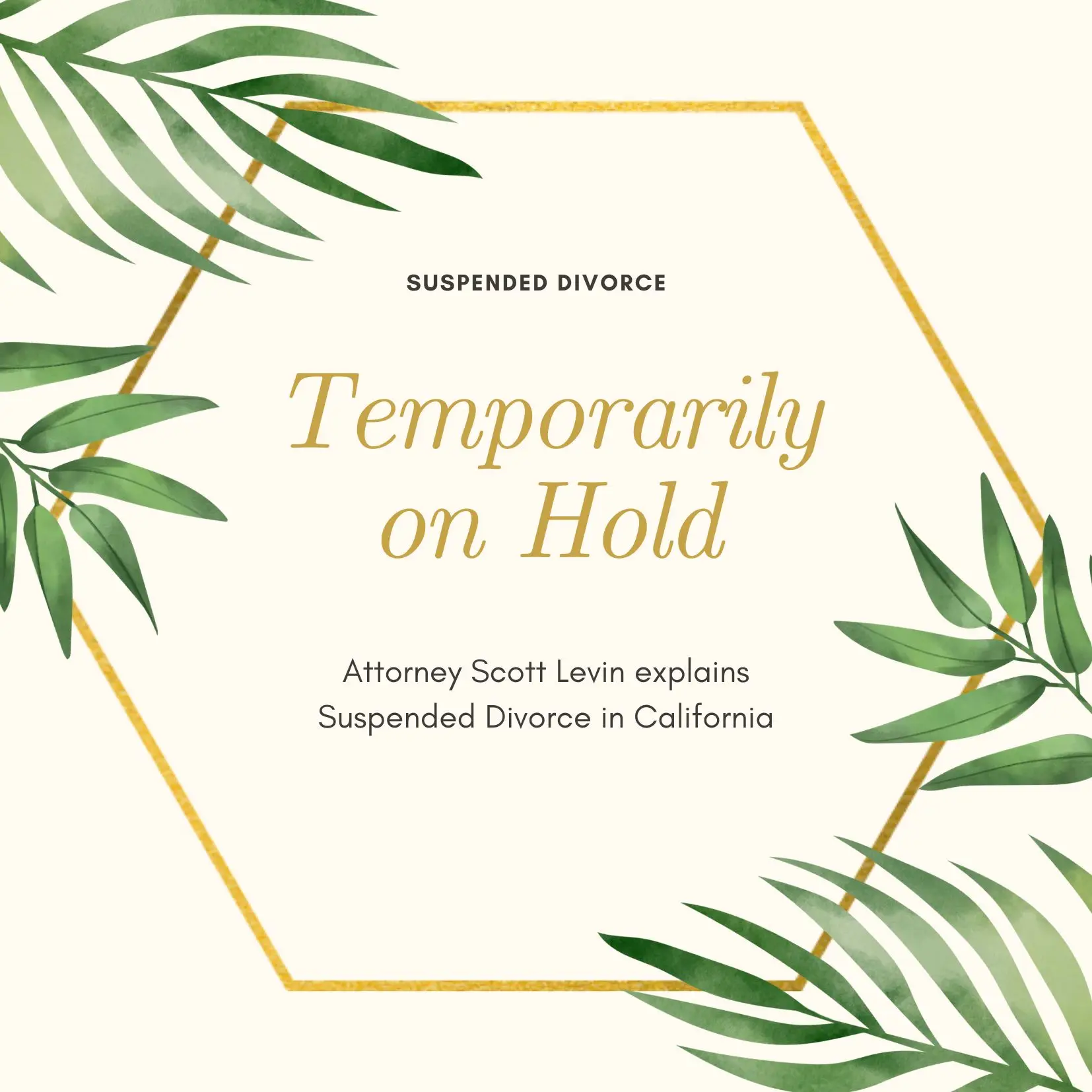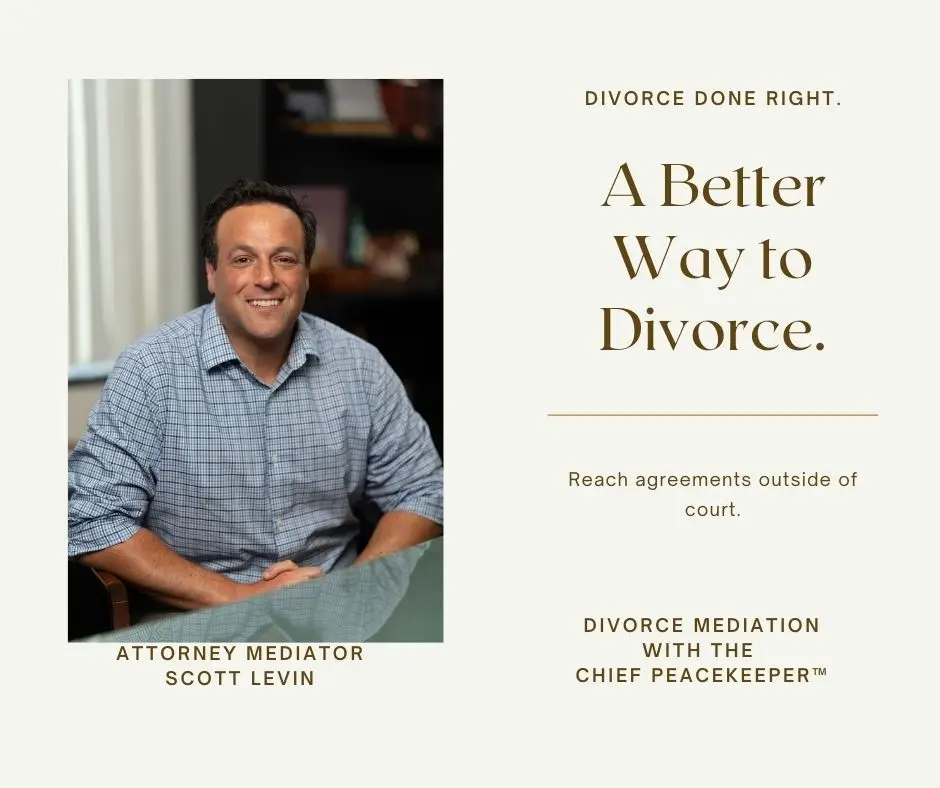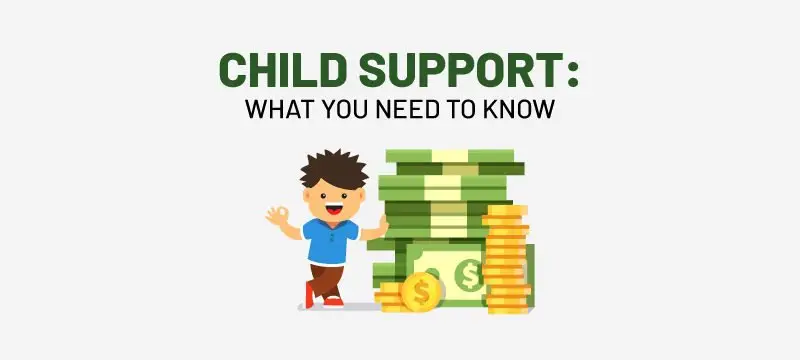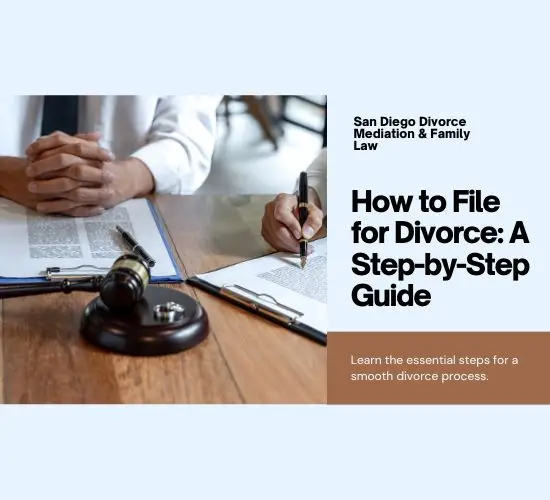The Speed of Mediation is One Key Benefit to Choosing This Process Over Litigation
How Long Does Divorce Mediation Take?
Luckily, mediation is almost always faster than litigation; the court system is notoriously slow, and litigated divorces can be dragged out for months and potentially cost thousands of dollars. Mediation is a sort of middle ground between a costly trial and working out the divorce totally on your own. It’s less expensive (the main expense will be the mediator’s time) and generally faster (no waiting on the court to make any decisions); however, there are still a few factors that determine how long the mediation will take.
1. Number of Assets
The more things there are to divide up, the longer the process is going to take — simply because there are more decisions to make. Items such as multiple houses, cars, boats, etc. will always be a bit more difficult to allocate, but it helps when both spouses keep fairness and compromise in mind.
2. Number and Complexity of Issues at Stake.
It’s important for both parties to lay all of their concerns out on the table, so there are no surprises later in the proceedings. The more upfront both spouses are, the quicker the mediation will go. A good way to stay on track is preparing to meet halfway on smaller, less important issues and spending more time on the complicated ones; pick your battles.
3. Child Custody.
Parents often find that it’s easier and less stressful to reach an agreement on possessions and assets than it is to agree on their children. If child custody is in question, the couple will almost always spend a significant amount of time discussing the various angles and viewpoints of each option. It’s crucial that both people be as patient as possible throughout these discussions, as custody is probably one of the most important issues to each spouse. Deciding on a fair – and practical – the solution is of paramount importance here.
4. Willingness of the Parties to Compromise.
It’s helpful for both spouses to begin divorce mediation knowing they won’t get their way on every single issue – compromise is crucial for mediation to be successful. It’s up to the couple, however; a good mediator won’t make orders, make decisions, or force compromise on anyone. Instead, he or she will help both parties communicate effectively in order to reach a mutually agreeable solution on their own. If both parties are committed to arriving at a fair solution and are willing to find a middle ground, mediation will progress quickly and smoothly. It’s only when both spouses try to have everything go their way that the process slows down and becomes strenuous.
There are of course additional factors beyond those specified above but hopefully, this provides some insight into the mediation process so that you can determine if it’s a viable option for your unique circumstances. Before you go out and engage litigation attorneys, my best and genuine advice is, to begin with, mediation and do your best to resolve all matters through this process with a professional that has the skill, experience, and understanding of legal and financial matters. You owe it to yourself and your family and even your spouse to attempt to resolve your separation through mediation.
We think that our firm is a great option for parties in and around San Diego as we have the qualities needed to help people help themselves through the divorce process. If you’re in need, give me a ring at 858-255-1321 or an email at scottlevinmediation@gmail.com so that we can set a time for you and your spouse to come meet with me and begin working together on your matter.









